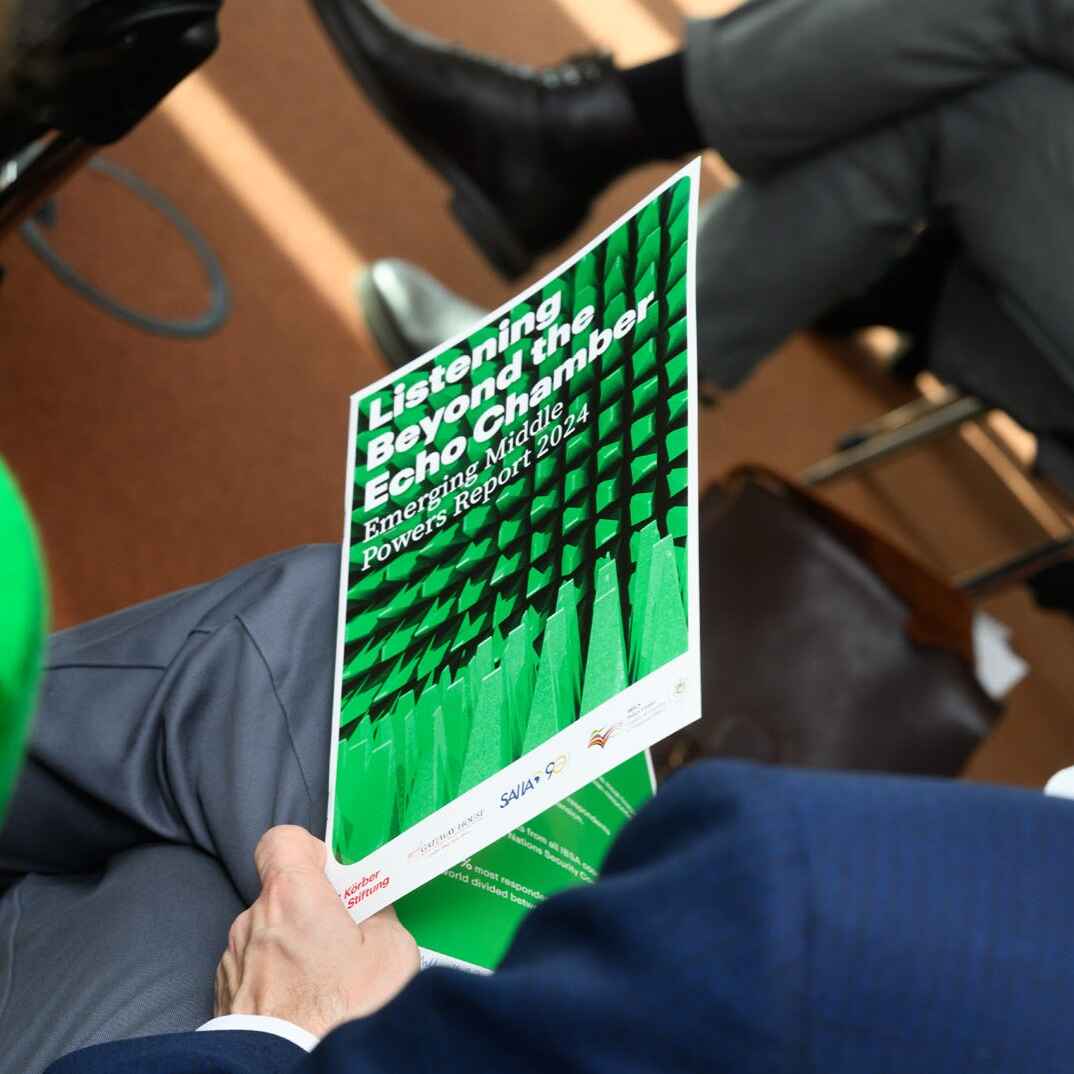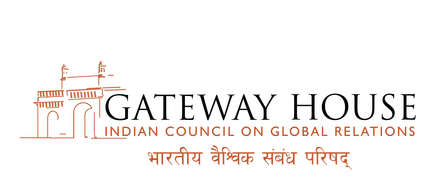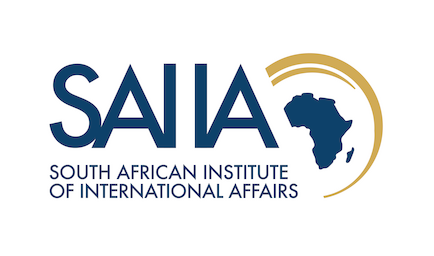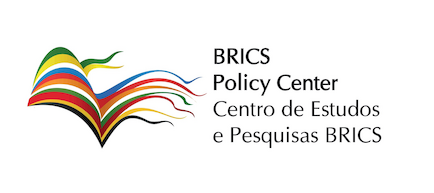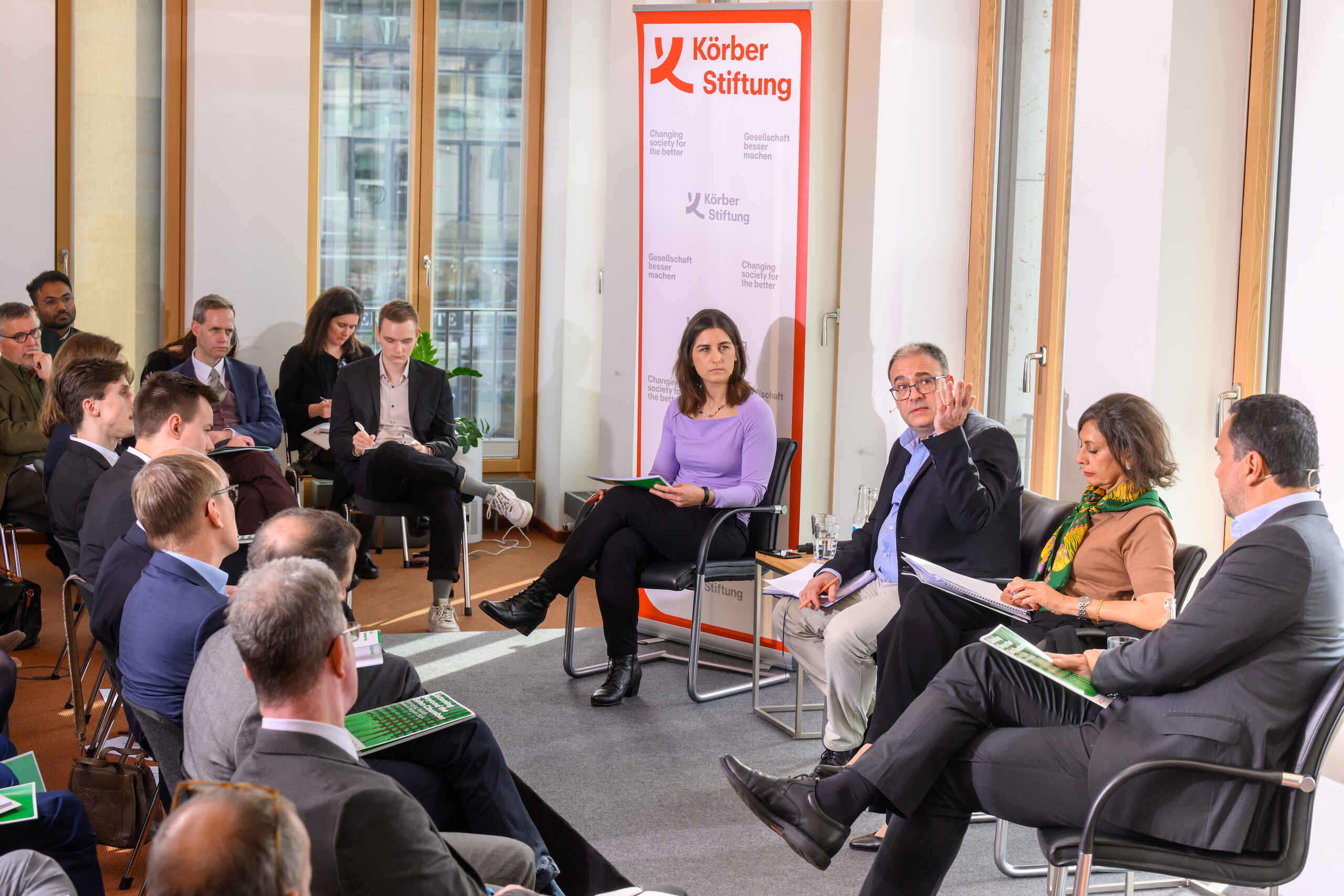
Körber Emerging Middle Powers Initiative
Photo: David Ausserhofer
The cross-national study “Emerging Middle Powers Report 2024 – Listening beyond the Echo Chamber” highlights foreign policy differences, similarities and opportunities for cooperation between Germany and the emerging middle powers Brazil, India and South Africa. It is based on an expert survey in the emerging middle powers and in Germany.
Emerging Middle Powers Report 2024
Project
The aim of our Körber Emerging Middle Powers Initiative (KEMP) is to promote dialogue between Germany and emerging middle powers. By means of an annual survey, the initiative also contributes to a deeper understanding of geopolitical perspectives in countries that belong to this grouping, such as Brazil, India, and South Africa. In addition, KEMP brings together experts and decision makers from those countries and other emerging middle powers with their German counterparts to contribute to their active exchange.
With their growing political, economic and demographic weight, countries like Brazil, India, and South Africa are key players for global problem solving. The Russian invasion of Ukraine showed that in Germany, among other places, geopolitical perspectives, foreign policy traditions, and national interests of emerging middle powers are often not assessed in a realistic manner. The Körber Emerging Middle Powers Initiative contributes to a deeper understanding of these perspectives, traditions and interests by means of an annual multi-country survey with experts and decision-makers in emerging middle powers and enables their mutual exchange with Germany by bringing them together in various dialog formats.
Cooperation Partners
What are emerging middle powers?
Emerging middle powers such as India, Brazil and South Africa are regional powers that are becoming influential players in global politics because of their economic success, demographic dynamics and political aspirations. Emerging middle powers want to have a greater say in international affairs, but at the same time they are not strong enough militarily, economically or politically to act as a great power, nor do they aspire to do so.
What else unites this heterogeneous group of emerging middle powers? Above all, the desire for greater fairness and representation in the international system. The emerging middle powers want reform of the international system, but not turn it upside-down. They are status quo powers. The goal of the emerging middle powers is to ensure that the changing economic, political and demographic distribution of power in the world is reflected in international bodies such as the United Nations, the World Trade Organization and the G20. The admission of the African Union to the G20 in 2023 is a first success in this regard. The addition of six more members to the BRICS in the same year shows that emerging middle powers are organizing themselves into many different groupings.
Emerging middle powers differ from established middle powers, such as Italy or Canada, because their democracies are younger and are a mixture of stability, such as India, and sometimes less volatile, as the attempted coup in Brazil in January 2023 demonstrated. They play a significant economic role regionally, but are challenged by socioeconomic inequality and (with the exception of India) are not yet engines of the global economy and benefit less from it.
Contact

Julia Ganter
Körber Emerging Middle Powers Initiative, The Berlin Pulse

Jonathan Lehrer
Körber Emerging Middle Powers Initiative, The Berlin Pulse
